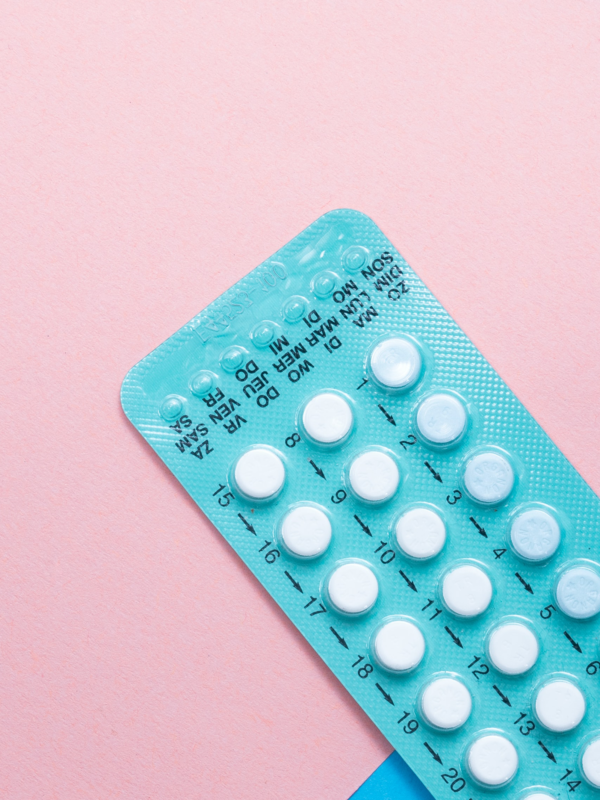
992 million people use contraception around the world and almost 300 million of them are dissatisfied with the contraceptive they are on.
We have developed more iPhones in a shorter space of time than we have contraception. The pill – the one most of our doctors recommended when we were 15 – was first developed and sold in the 60s and there isn’t much in the way of a contraceptive revolution since. The majority of the contraceptives we have today are just a different way of administering the same product sold to our grandparents and parents.
Yesterday was World Contraception Day and to celebrate this milestone in almost 1bn calendars, I attended an event run by The Lowdown – a platform and information hub for those interested in the subject. They are Trip Advisor meets your pharmacist, meets a community, combined with top quality (doctor approved) advice.
The room was full of women (and two men) all interested in safe sex, the implications of a lack of shared decision making between patients and their doctor, why funding is the problem and how this is all *usually* delivered by a middle aged white man who has never taken hormonal contraception but tends to mansplain it to every woman he meets.
The big topics of the evening:
Education is lacking!
Why is this just a women problem?
The fact is contraception impacts all of us – either directly or indirectly. From the day your PE teacher tried to explain condoms by awkwardly rolling it over a banana, to the moment your parents sat you down for “the chat” and when your mum got the first whiff that you might have a “new friend” and dragged you down to a doctor for him to prescribe your first pill. Yet only 25 clinical trials took place from 2017-19 on contraceptives. In the same time frame, there were nearly 2k Cardiovascular trials and almost 10k for cancer. And since the start of the COVID-19 pandemic, things haven’t got any better. Sexual health services have been hit the hardest. According to the British Association for Sexual Health and HIV, 54 per cent of local clinics have closed and staffing is less than half of what it should be – with one respondent to their survey noting their team had gone from 70 to seven since the outbreak of COVID-19.
Regardless of the abstinence I was taught in school, safe sex is an important part of a lot of our lives and contraception is central to that discussion. We need platforms like The Lowdown because they offer us true lived experience with the importance of doctor approved advice. They listen to their followers, contributors and fans to provide advice that goes beyond “oh you need to just give it 3 months to work” and “are you sure you don’t want to just try the pill?”
Conversation is where it starts. Having the right education and easily accessible information to base your decision off when/ if you decide to use hormonal contraception – instead of one doctor’s opinion – is vital to choosing something that is right for you. I believe that a collective lived experience is a thousand times better than a man in white coat judging you as he prescribes you something with a list of side effects that rivals The Times.
They key takeaway from The Lowdown Live:
Education = power. And power is how we are going to change the narrative around contraception. No longer should it be a ‘woman’s problem’ and no longer should we be left with the consequences of a lack of information from the experts. No longer should sexual health services be an afterthought.
We not only need to empower women but everyone into this conversation for better education around contraception, the importance of sexual wellbeing and prioritisation of sexual health services.